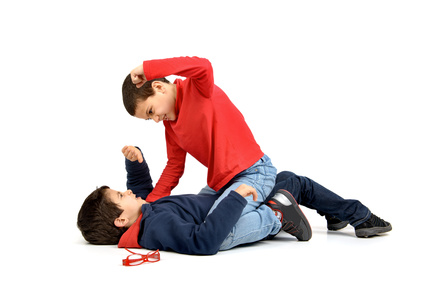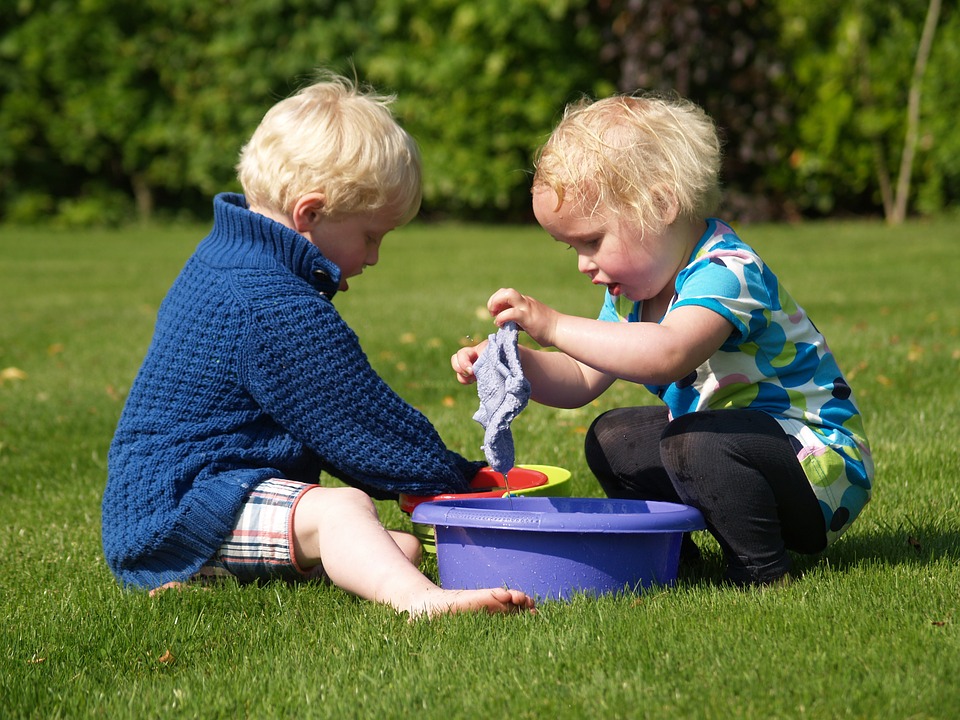How to calm down a child who is being violent
There can be a whole host of reasons why a child is showing violent behaviour, and it is important to understand the root of those problems in order to help your child in the long run. However, it’s also crucial that you know how to diffuse a situation where your child is being violent in order to help and protect both yourself and your child in the short term.
The first thing to think about is where you are standing; don’t stand at arm’s length from your child. Either stand close to them or far away so you are too close or too far away for them to hit. If they hit you this is likely to make you angrier and more frustrated and less able to deal rationally with the situation at hand. If you aren’t calm, you won’t be able to calm the child down.
The second thing you need to be thinking about is how to calm your child down and diffuse the situation. There are many ways to do this and it differs from child to child but here are a few things you could try:
Controlled breathing. It is a good idea to take some time when your child is calm or in a good mood to teach them some breathing exercises. This way when they get angry you can remind them to do one of those exercises. This not only helps to calm them down but will also give them something else to think about and focus on.
Burn out their aggression. For some children the best option is to let them take out their anger on something else and let them tire themselves out. Give them a pile of pillows or stuffed toys that they can punch and kick so they can get their aggression out without harming anyone.
Use a distraction. You might find that they best way to calm your child down is to take their mind off whatever is making them angry and talk about something completely different or give them an activity to do.
Remember that these methods of calming your child down are just step one of a process. Particularly if your child hit or shouted at someone or broke something, it is important to then later talk to them about what they did. It will be much easier to have a proper discussion about how they behaved if you have a talk when they’re calm. Ask them how they felt when they were angry, and how they feel now. Talk to them about what caused their aggression and, if it’s something you have control over, what you can both do in the future to reduce the chances of it happening again. This then starts the process of getting to the bottom of the problem and working towards dealing with it.
There may well be times when you are getting overwhelmed or impatient. In these situations, it’s better to know when to step back and take a time out than to try to deal with the child whilst angry and risk making things worse by losing your temper.
For more tips like this, visit my YouTube channel.



